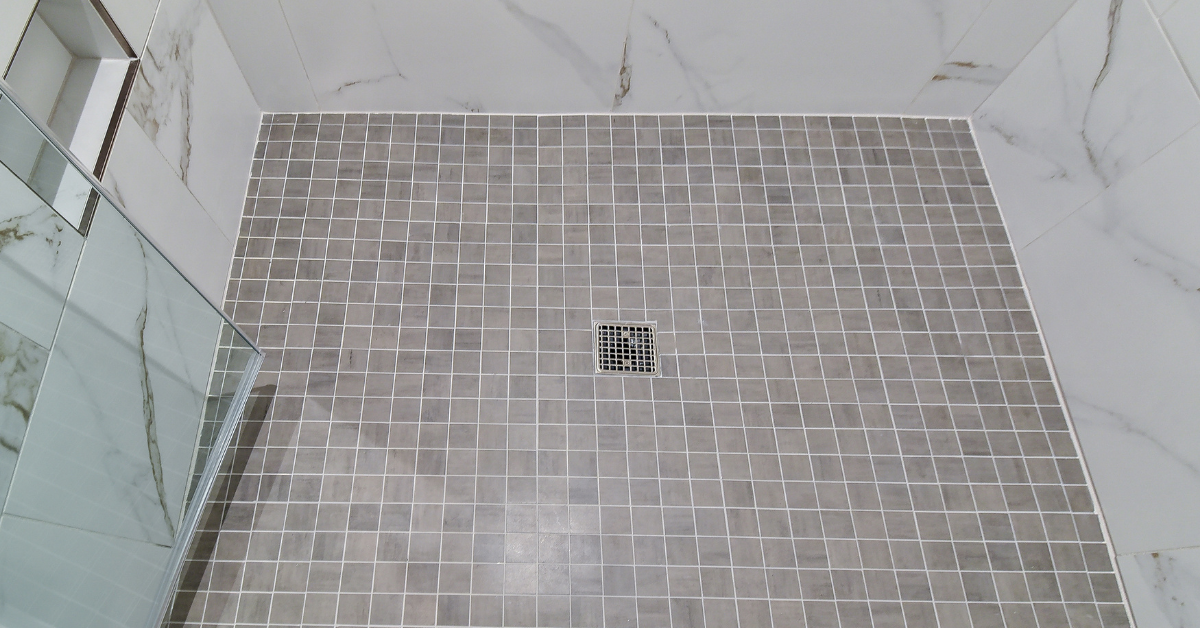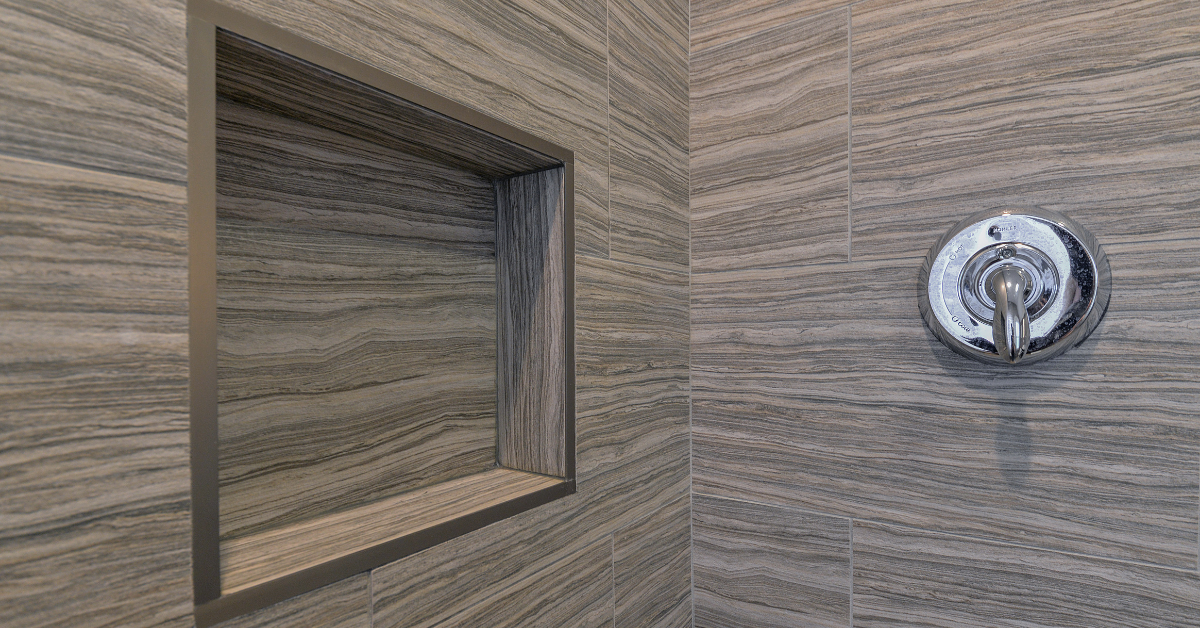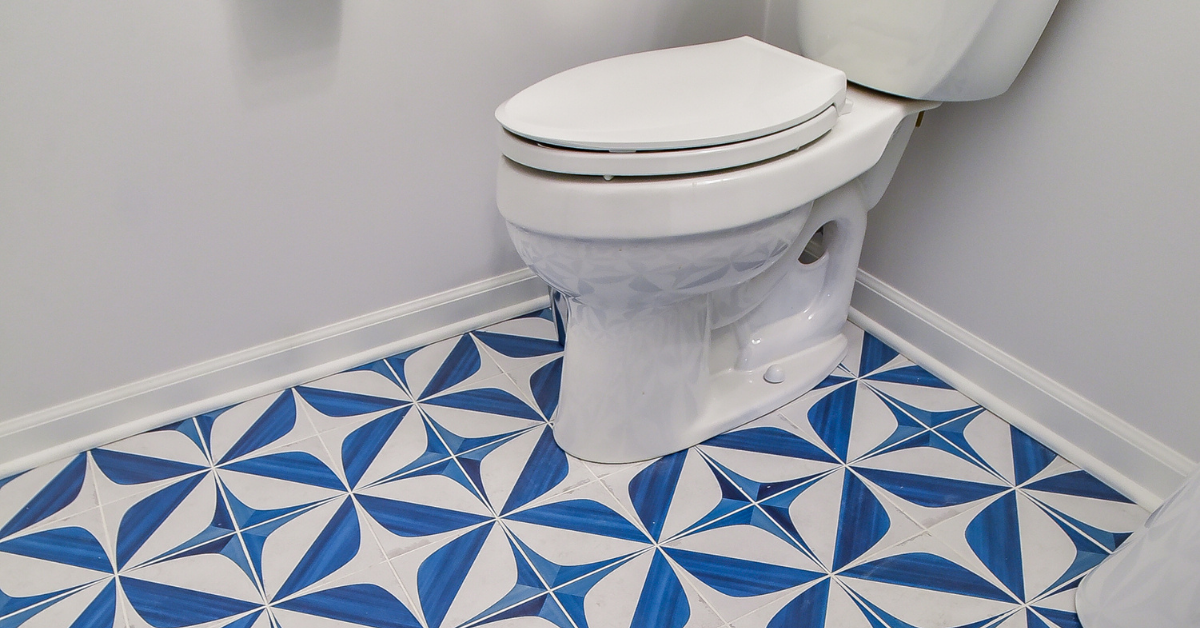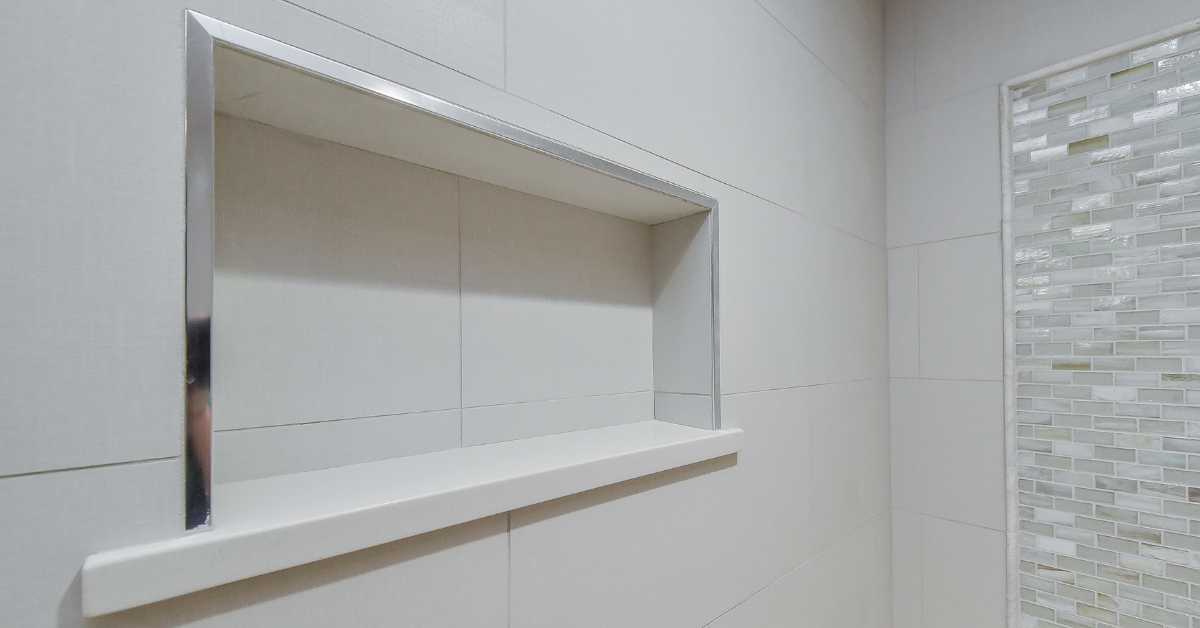
Featured Image: Ceramique
Having to tile an entire floor or wall requires the best tile cutter. Luckily, plenty of selections are available, including ceramic tile cutter, dremel tile cutter, and porcelain tile cutter. We know it could be difficult to pick the best manual tile cutter, that’s why we provide you with a variety of price and performance options to help you buy the right tool for your tiling task.
Whether you’re a professional contractor or a DIY enthusiast, finding the right tile cutter is essential for achieving precise and clean cuts in ceramic, porcelain, or other types of tiles. With numerous options out there, it can be overwhelming to choose the most suitable one for your needs.
That’s why I’ve done the research and handpicked the top tile cutters that offer exceptional performance, durability, and ease of use. In this review, I’ll delve into the features, pros, and cons of each tile cutter, allowing you to make an informed decision. Whether you are working on a small home improvement project or a large-scale tile installation, my list covers a variety of options to suit different budgets and requirements.
I understand that finding the perfect tile cutter involves considering factors such as cutting capacity, precision, versatility, and overall build quality.
Join me as I explore the seven best tile cutters, enabling you to choose the ideal tool that will save you time, effort, and frustration during your tile cutting endeavors. Let’s dive into the reviews and discover which tile cutter will help you achieve professional-looking results while simplifying your tile installation process.
- Weighs less than 5 pounds and is very light, practical and precise.
- It features a rapid positioning button for angle cuts from 0-45°
- Capacity Long:- 37 x 37 cm
- Diagonal capacity 25 x 25 cm
- All measurements are metric only
- Cuts porcelain and ceramic tile up to 24-Inches and 16-Inches diagonally
- Straight edge adjustable measurement guide aligns tile for accurate cutting
- 7/8-Inch titanium-coated tungsten-carbide cutting wheel for smooth and durable scoring
- Easily cleaned with compressed air or soap and water if needed
- Cuts ceramic and porcelain tiles up to 14 in. square, 10 in. diagonally and 1/2 in. thick
- High-leverage, padded handle makes cutting easier and reduces fatigue
- Equipped with a 1/2 in. replacement tungsten carbide cutting wheel
- Includes an adjustable rip guide designed to help make repetitive cuts faster and easier
- Replace dull cutting wheels with QEP model 10010HD or 10117 (sold separately)
- Your purchase includes One Dewalt 10-Inch Wet Tile Saw, Wet Tile Saw Stand, 10-Inch XP4 Porcelain Tile Blade, Submersible Pump, Water Pan, Side Water Tray, Rear Water Tray, Cutting Cart Side Extension, Angle/Rip Guide, Blade Wrench & Hex Wrench
- Tool dimensions: 36” L x 29” W x 24” H. Tool weight: 69 lbs. Voltage – 120V. Peak Horsepower – 1.5 HP
- Other specifications: Arbor Size – 5/8”. Blade Diameter – 10". Diagonal Cut Capacity 18” x 18”. Max depth cut – 3 1/8”. Max Rip Capacity with Plunge – 28”. Bevel Capacity – 45ᵒ
- Cutline indicator and stainless steel rollers provide stable, accurate cutting to within 1/32 inch over 18 inch cuts
- Compact saw frame allows for easy transport and storage in vehicle
- Guillotine-style cutter cuts up to 13” wide and 1/2" (12mm) thick material
- Long handle provides extra leverage for more cutting power with less effort
- Table miter gauge for angled cuts 0º up to 45º
- One blade included. For replacement blades, order Roberts model 10-463 (sold separately).
- Cuts vinyl plank flooring, vinyl tile flooring, laminate flooring, and engineered wood flooring
- Hydro lock water containment system keeps water contained near the blade and reduce clean-up time
- Sliding side extension provides support for tiles up to 18 x 18-inch
- Aluminum table top is a durable, rust-resistant surface
- Adjustable rip fence with miter gauge for accurate straight and miter cuts
- Bevel cuts tile at 0, 22.5 and 45 degrees, giving flexibility for different cut types


The Tile Cutter vs. Tile Saw Debate
While looking for the best tile cutter, you might come across tile saws too. Before we look into specific qualities of tile cutters, it is essential that you understand the difference between the two tools.
A tile saw features a rotating blade that is powered by electricity. A tile saw looks similar to a table saw. With the help of a guide, the rotating diamond blade cuts through the tile and keeps your tile straight. To make sure that the tile doesn’t burn and collect deposits, water is often utilized.
Using a tile saw can be messy with the addition of water. Since it runs on an electric motor, it can be pretty loud too! Its biggest advantage, however, is that the right blade will cut through any type of tile material. A tile saw is a must if you are cutting glass tiles and you want intricate cuts or shapes.
A tile cutter, on the other hand, is a manual device that relies solely on human power. Tile cutters look like a car jack with a bar that levers up and down. A cutting wheel goes through two guide rails and cuts the surface of the tile. A final snap through a “breaker bar” or “foot” finally separates the tile in two.
While you might think that a hand machine would be less efficient than an electric tool, tile cutters are actually faster after some practice. Aside from it is extremely quiet and create less mess, it is also easier to achieve precision and straight cuts with a tile cutter.
The Search For The Best Tile Cutter
Okay, let’s get down to business! Although the components of tile cutters might look similar, their capabilities and features differ from one brand to another. That’s why you need to pay special attention to these details in buying a tile cutter.
Capabilities:
Most manual tile cutters include a cutter wheel with parallel rail guides. In order to support these at both ends, the tool comes with a limited length of cut. Inexpensive tile cutters usually cut up to 14 inches, while mid-range tile cutters allow you to cut up to 20 inches. The largest available tile cutters are 29-inch models.
Don’t be fooled with these measurements, though. While a 12-inch tile at 90 degrees can be cut through a 14-inch model, cutting it diagonally will require a 16.97-inch cut. Thus, a 14-inch tile cutter can’t be used.
Aside from the maximum length a tile cutter can cut, you also need to consider the thickness it is capable of cutting. A typical tile cutter can cut ½ inch and this is already perfect for a range of porcelain and ceramic tiles. But since there are many types available, make sure to double-check. If you need to cut thicker tiles, pro-grade tile cutters offer up to 5/8 inch cuts.

Essential Features: What To Look For In a Tile Cutter?
The material of the cutter wheel
Although the cutter wheel is just a small component in a tile cutter, it is extremely important. Cheaper tile cutters usually feature wheel cutters that are made from tungsten carbide. More expensive tile cutters include wheels that are coated with titanium, which makes them more durable.
The bed of the tile cutter
In order to avoid the tile from slipping while you score it, the bed of the tile cutter is always coated with rubber. In some cases, the underside of the breaker bar is also rubberized to avoid marks on the tile. However, this is not always needed since an aluminum breaker is not prone to make markings on the glazed surface of ceramics or porcelain.
The base of the tile cutter
Budget tile cutters have fabricated steel bases. Models on the higher end have cast aluminum bases, which are more stable and rust-free. It is also important to note that the wider the base, the easier it is to be precise with the cuts.
A horizontal ruler and an angle guide
Tile cutters will constantly have a horizontal ruler placed at the top end of the cutter. But not all tile cutters include an angle guide. For more accurate cuts, an angle guide is worth the upgrade.
Price Range: What Gives The Best Bang For Your Buck?
Budget
You can get entry-level tile cutters with a 14-inch capability for as low as $30. These cutters are ideal for DIY projects, although it can get challenging when it comes to cutting porcelain tiles. Add up $10 or $15 and you’ll get 20-inch upgrades.
Mid-Range
With $100, you can get a good all-around tile cutter with a 24-inch capability and tungsten carbide cutting wheel. A lot of homeowners will find this tile cutter sufficient for their needs.
High-End
If you are going to use the tile cutter for bigger projects (e.g. large floor or wall), you can benefit from investing in a pro tool, which costs between $250 and $550.
To view our Amazon Associates Disclaimer, please click here.

And The Best Tile Cutter Is…
Our overall winner is Sigma 2G Metric Tile Cutter. This tool is well renowned for its great quality and longevity. Also, it is made in Italy. The Sigma 2G is the greatest solution if you want a lighter tile cutter that you can bring with you wherever you go! That is why the machine is ranked first on our list.
This is a highly portable instrument that is ideal for use in a variety of settings. This relatively lightweight tool—less than 5 pounds—is extremely useful, and you will have no trouble carrying it while working. And the result is both accurate and practical. Furthermore, the tool includes a quick positioning button that allows you to make 0-45° angle cuts with ease.
This tool is great for making straight cuts. It can cut the hardest porcelain with ease. It can also cut natural stone, marble, granite, and thick pavers.
To view our Amazon Associates Disclaimer, please click here.


















